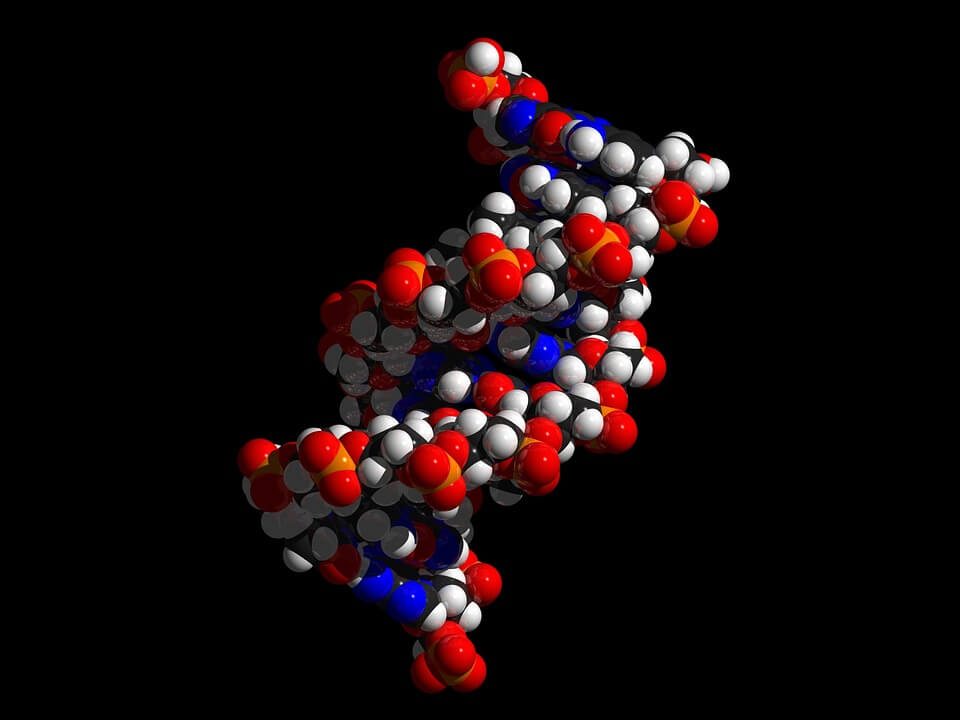 In January 2020, Delhi High Court dismissed an appeal by Sun Pharma Laboratories against an order passed by the trial court whereby the latter in 2018 had dismissed the application for an interim injunction filed by the appellant against the use of the trademark BEVATAS by Intas Pharmaceuticals. The high court found that there was no merit in the appeal (Sun Pharma Laboratories Ltd v Intas Pharmaceuticals Ltd).
In January 2020, Delhi High Court dismissed an appeal by Sun Pharma Laboratories against an order passed by the trial court whereby the latter in 2018 had dismissed the application for an interim injunction filed by the appellant against the use of the trademark BEVATAS by Intas Pharmaceuticals. The high court found that there was no merit in the appeal (Sun Pharma Laboratories Ltd v Intas Pharmaceuticals Ltd).
The appellant applied for an injunction against the use of the respondent’s mark BEVATAS contending that the trademark was structurally, visually and phonetically similar to its trademark, BEVETEX. The rival medicines were sold in the same dosage form that is delivery by injection, and at similar prices. The appellant argued that such similarities amounted to infringement and passing off of the trademark, unfair competition and the loss of goodwill in the trade mark BEVETEX leading to confusion and deception.The appellant had claimed to be the rightful proprietor of the trademark BEVETEX, and had, through its predecessor obtained a trademark registration in 1983 for medicinal and pharmaceutical preparations for human use. It had claimed that the medicine under the trademark BEVETEX has been in use since 2015, and had subsequently acquired immense reputation and goodwill amongst members of the trade and the general public due to its superior quality and high efficacy.
The respondent claimed that its trademark BEVATAS, which it had used since 2016, is an invented mark being an amalgamation of two words ‘Beva’ referring to the active ingredient bevacizumab and ‘tas’ derived from its corporate name Intas. Therefore, the two trademarks are completely different.
BEVATAS, however is a product of the biosimilar bevacizumab, a recombinant DNA in nature. The respondent therefore argued that no case of passing off and unfair competition had been made out by the appellant.The respondent further argued that the pharmaceutical of each party had been classified as a schedule H drug, which could neither be used by non-specialized medical practitioners, nor without a prescription, nor was it sold for self-administration. There was thus no scope for confusion of any kind. Further, disparity between the two marks by the respondent was established on the basis of different salt molecules and from the fact that BEVETEX is a product of the chemical formulation paclitaxel, which is a synthetic chemical compound.
After the parties had made substantial written and oral submissions and had cited numerous cases the trial court held that the appellant had failed to establish a prima facie case and proceeded to dismiss the application for an injunction on the grounds that:
- There is no deception or confusion between the two trademarks in question;
- ‘Beve’ is not an abbreviated form of the salt paclitaxel and the appellant could not have a monopoly over it in the light of established trade practice;
- There is no similarity between the marks; the two marks are distinct and dissimilar both visually and phonetically;
- No misrepresentation or bad faith can be attributed to the defendants; ‘tas’ is part of their products, commonly used;
- No clear cut case of loss of goodwill and reputation was made out in relation to the said trademark;
- The pharmaceuticals in question are life-saving drugs, essential for the treatment of cancer and administered by specialized practitioners using specialized procedures within oncology clinics and centres.
In the appeal the parties submitted considerable documentary evidence and cited authorities including Sun Pharmaceutical Industries Ltd & anr v Anglo French Drugs & Industries Ltd & anr, Cadila Healthcare Ltd. v Cadila Pharmaceuticals, and Sun Pharma Laboratories Ltd v Ajanta Pharma Ltd, after which the high court upheld the findings of the trial court. The high court was of the view that the appellant had failed to establish a case of apparent visual or phonetic similarity to the respondent’s mark.
The high court placed reliance on the packaging of the products which showed evident dissimilarity in the contents and weights of the products. It was held that the chances of confusion were lessened as the customers and members of the trade for both pharmaceuticals are specialist medical practitioners and oncologists and not illiterate consumers. Therefore, the high court held that the appearance of the products of the appellant and of the respondent could not be considered similar to one another.
In this judgment, the court upheld the principle that proprietors of trademarks, especially where granted for pharmaceutical products are not granted exclusive, monopolistic rights over terms and medicinal preparations which have, over time entered the public domain.
Bevatas is distinct from Bevetex, rules Delhi HC by Omesh Puri and Keya Joshi
https://www.vantageasia.com/sun-pharma-bevatas-bevetex/
Article was 1st published in IBLJ



